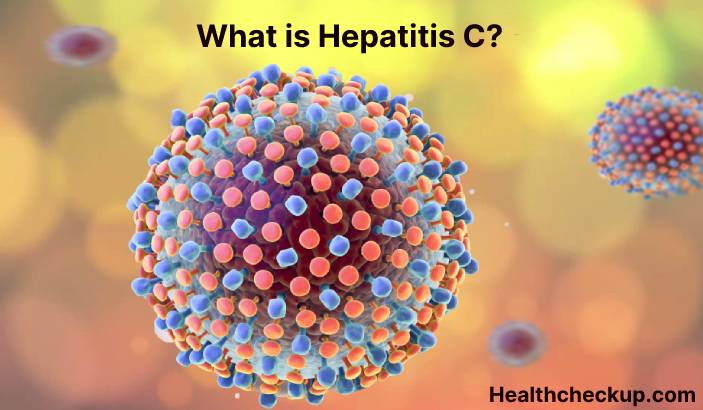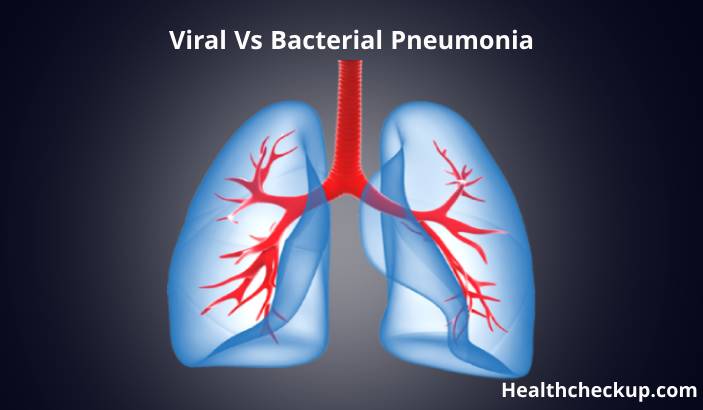Hepatitis C is a viral infection that affects the liver and is transmitted through contaminated blood. It is found all over the world, but it is most common in countries with high rates of injection drug use.
Symptoms of hepatitis C include fever, fatigue, loss of appetite, nausea, vomiting, abdominal pain, and yellowing of the skin and whites of the eyes (jaundice). These symptoms appear two to six weeks after exposure to the virus, but some people may not have any symptoms at all. Most people with hepatitis C will develop chronic hepatitis, which can lead to liver damage, cirrhosis, and liver cancer.
Hepatitis C is diagnosed through a blood test that detects the presence of the virus or antibodies to the virus. There are several medications available to treat hepatitis C, and many people can be cured of the infection. These medications, which are known as direct-acting antivirals (DAAs), work by targeting the virus and eliminating it from the body. Treatment typically involves a combination of two or more DAAs taken for six to twelve weeks.
To prevent hepatitis C infection, it is important to avoid sharing needles or other injection drug equipment and to practice safe sex, including using condoms. It is also important to get tested for the virus if you have been exposed to it, such as through sharing needles or engaging in risky sexual behavior.
There is no vaccine available to prevent hepatitis C infection. However, research is ongoing to develop a vaccine, and it is possible that one will be available in the future.
In addition to injection drug use, other risk factors for hepatitis C infection include being born to a mother with the virus, receiving a blood transfusion or organ transplant before 1992 (when widespread screening of the blood supply began in the United States), and having a history of long-term dialysis. People with certain underlying medical conditions, such as HIV or liver disease, may also be at increased risk of hepatitis C infection.
Hepatitis C is a serious illness that can lead to serious complications, including liver damage, cirrhosis, and liver cancer. However, with early diagnosis and treatment, many people can be cured of the infection and can reduce their risk of developing these complications.
In conclusion, hepatitis C is a viral infection that affects the liver and is transmitted through contaminated blood. It can lead to chronic hepatitis, which can cause liver damage, cirrhosis, and liver cancer. There are several medications available to treat hepatitis C, and many people can be cured of the infection. To prevent hepatitis C infection, it is important to avoid sharing needles or other injection drug equipment and to practice safe sex, including using condoms. There is no vaccine available to prevent hepatitis C infection, but research is ongoing to develop one.









